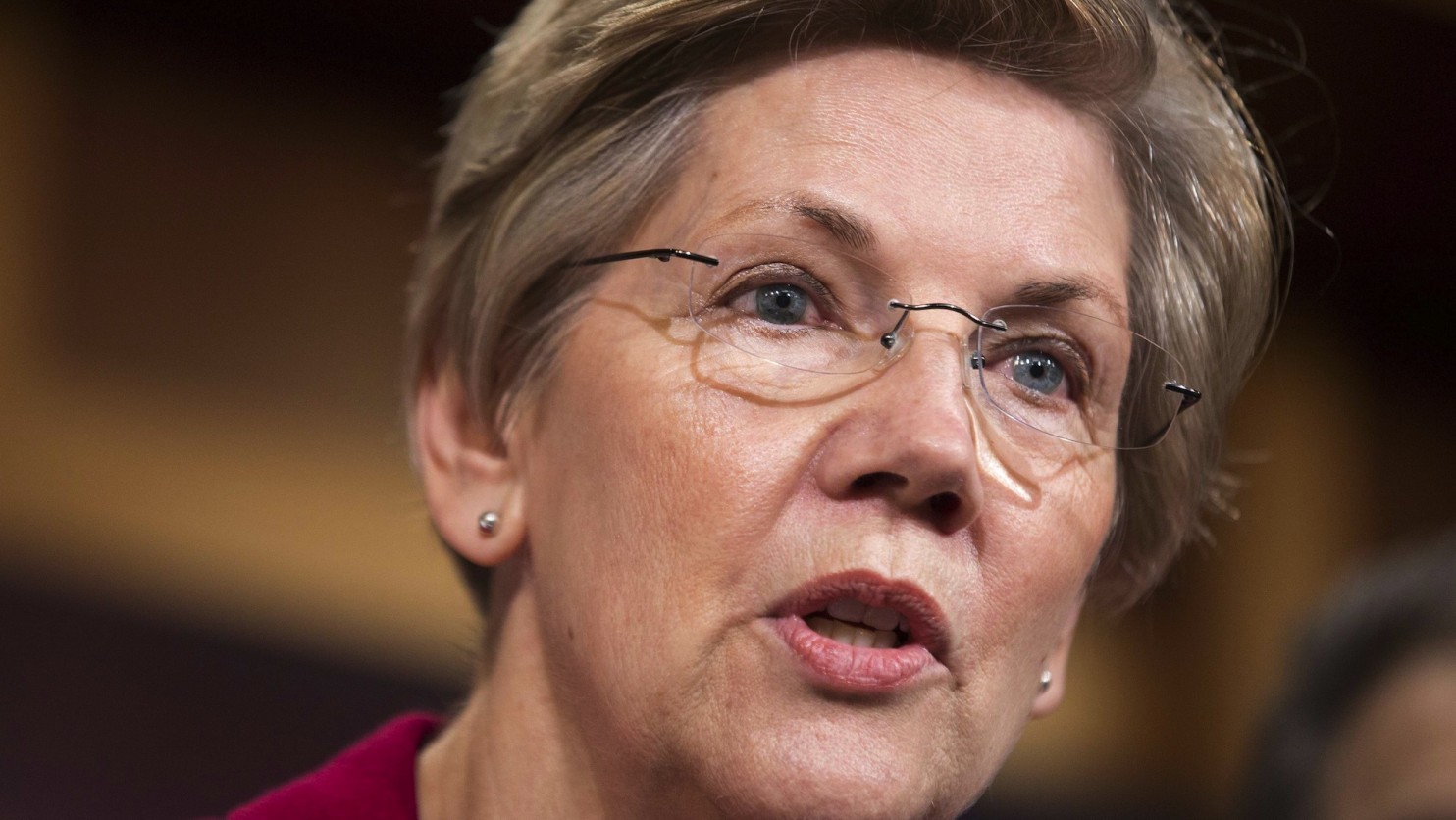
Hillary Clinton has a knack for turning triumph into tedium.
On Tuesday night, after her Super Tuesday wins all but guaranteed her the Democratic presidential nomination, she served up a victory speech that was a bowl of mush.
“We know we’ve got work to do, but that work is not to make America great again,” she said. “America never stopped being great. We have to make America whole. We have to fill in what’s been hollowed out. We have to make strong the broken places, restitch the bonds of trust and respect. . . . Instead of building walls, we’re going to break down barriers and build ladders of opportunity and empowerment.”
Filling holes, stitching bonds, breaking barriers, building ladders: Is this an election or a public-works project?
Minutes later, Donald Trump, in his own Super Tuesday victory speech, made quick work of Clinton. “She wants to make America whole again,” he said, “and I’m trying to figure out: What is that all about?”
Good question. All talk lately has been about Republican disarray — pandemonium, The Post called it — over Trump’s seemingly inexorable march to the GOP nomination. That’s as it should be: Trump’s bigotry and xenophobia are a disgrace to the party.
But Democrats would be foolish to think this guarantees victory for Clinton in November, because, for all his faults, Trump has an advantage: He connects with Americans feeling economic anxiety. With his talk of China “killing us” on trade and Mexico “destroying us” on manufacturing jobs, he has the potential to best Clinton in an area that traditionally benefits Democrats: a perception that he cares about the problems of ordinary Americans.
This “empathy gap” propelled President Obama past Mitt Romney in 2012 and nearly allowed socialist Sen. Bernie Sanders (I-Vt.) to topple Clinton in the primaries. If Clinton can’t fix the problem, it could doom her in November.
But there is, in this case, a silver bullet for Clinton: She can make Sen. Elizabeth Warren (D-Mass.) her running mate.
Though formal deliberations have yet to begin, the notion of a Clinton-Warren dream team has already been contemplated at Clinton’s campaign headquarters in Brooklyn. And there is likely to be more such talk, for several reasons:
Putting the liberal icon on the ticket would reunite the party and energize Sanders supporters who feel Clinton didn’t go far enough in adopting his theme of economic justice.
An all-female ticket would electrify Democrats and widen a gender gap that is already wide enough to swallow Trump, long accused of misogyny.
Above all, Warren’s passionate populism would provide a perfect antidote to the oft-bankrupt billionaire Trump. If Clinton embraced Warren, and more of her agenda, she could match Trump’s appeal to disaffected, white, working-class voters.
Clinton’s problem can be seen in last month’s Quinnipiac University poll of voters nationally. Asked whether Clinton “cares about the needs and problems of people like you,” only 42 percent said yes — a strikingly low number for a Democrat. Sanders rated 61 percent in the poll, and Obama (though not the best at establishing bonds with the common man) has generally been in the high 60s.
Clinton scored only six points better than Trump. Compare that with summer 2012, when Obama enjoyed a 22-point advantage over Romney on a similar question.
This is worrisome for Democrats because the “empathy gap” was key to Obama’s win in 2012. Among voters who prioritized a president who “cares about people like me,” Obama beat Romney by 63 points. If Trump, with his talk of ripping up trade deals and bringing home jobs, closes that gap, he would be difficult to stop.
Enter Warren, who declined to run for the nomination and remains neutral. Based on how well Sanders did, the charismatic Warren, in retrospect, probably would have beaten Clinton.
On the eve of Super Tuesday, she had an op-ed in the Boston Globe reminding all of her empathy bona fides. “I graduated from law school nine months pregnant with my second baby — and 100 percent unemployable,” she began, before making the case for a $15 minimum wage and expanded Social Security.
Warren, from modest means in Oklahoma, has as much populist fire as Trump but rages against Wall Street instead of making scapegoats of China and Mexico. And her populism is more inspiring than Trump’s talk of killing and grabbing.
Trump signaled his general-election argument against Clinton on Tuesday night. “She’s been there for so long,” he said. “I mean, if she hasn’t straightened it out by now, she’s not going to straighten it out in the next four years.”
Trump will portray Clinton as a status-quo candidate out of touch with the common man. Warren, better than anybody, refutes that charge.


